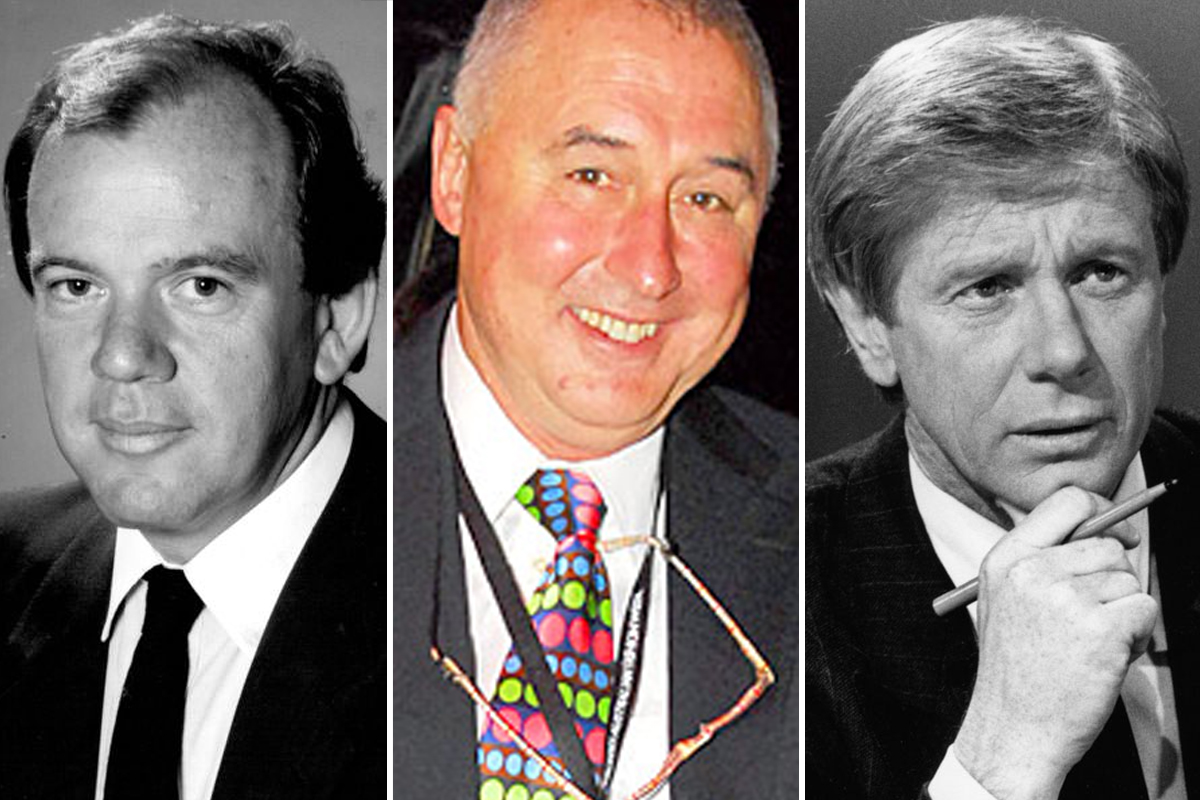
Former ABC journalist ERIC HUNTER reveals what he thinks lies at the heart of the national broadcaster’s journalism problems… the “leading question”.
Given my long and varied ABC experience, I can readily accept columnist Robert Macklin’s critical assessments covering so much of Aunty’s TV output (“Fading memories as the ABC falls to pieces”, CN July 11).
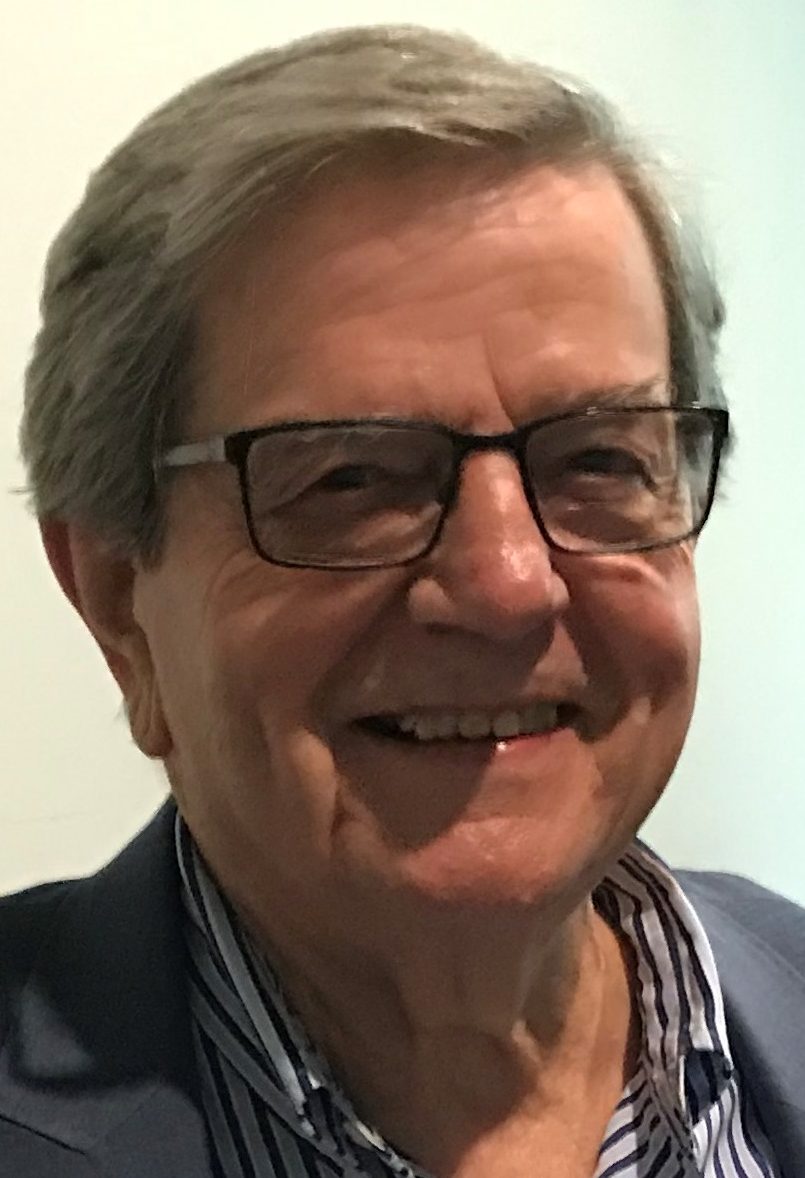
I would like to expand though on a particular issue that lies at the heart of the ABC’s current journalism problems.
Rob hints at it with his praise for my former close colleagues, Mike Willesee, Richard Carleton and Kerry O’Brien (I’d substitute the late Andrew Olle for Leigh Sales, but I’m biased because I was Andrew’s executive producer in his early TV days).
My real concern though surrounds the mainstay of ABC current affairs, the studio interview. It’s the critical format astute and experienced journalists are expected to probe and uncover the “real story” – often the very one that politicians don’t want to talk about.
That is where Mike, Richard and Kerry truly shone, along with the instinctive ability to think on their feet. Yet, it’s these “delicate” topics in which today’s leaders are most effectively trained to prevaricate.
So what do the likes of Sarah Ferguson and David Speers do in order to counter this extra-well-prepared-for avoidance of the facts?
What they should be doing is to arrive armed with a clear understanding of how probing questions are likely to be answered and be armed with alternative authoritative data that make it clear when the interviewee is avoiding the truth.
But it is critical that questions are structured so as to make it obvious when the truth is being avoided while simultaneously the questioner is perceived to be neutral in their views. Today’s interviewers need to be much better researched and more prepared than Mike, Richard and Kerry ever needed to be.
But, apparently with the encouragement of ABC management, our current crop of “top-guns” have actually gone backwards and deliver 90 per cent of their questions in a format that has long been discredited as the most subjective and least effective in drawing out reluctant information.
It’s the “leading question”, a technique that is discouraged across the board, be it in market research, job interviewing, in fact, any activity where an honest answer is sought, but so particularly in journalism interviews where its disadvantages have long been highlighted in media style-manuals.
But ABC interviewers have gone even further downhill. They almost invariably flag their now ubiquitous leading questions with intros like, “Do you think that…” , or “Do you feel that…?”
I’ve even heard, and not just once, senior politicians asked, “Do you concede you made a mistake…”. No wonder today’s politicians must leave the studio congratulating their media advisers with a: “Too easy, mate”.
No wonder also that public perceptions of political bias by ABC interviewers are at an all-time high. Not surprising, given that virtually every question signals the questioner’s belief that a certain answer is expected or, super-optimistically, it will be a shamefaced admission of error. It’s much less a political bias than a lack of professionalism.
But what happens back in the studio? Is there any post mortem carried out as why there was once again a failure to gain any admission of obfuscation from the interviewee?
Is there any thought that, maybe, a return to the previously well-established technique of asking open questions, carefully structured around the “5 Ws and H” which are much more likely, along with similarly well-structured follow-up questions if required, to at least gain some new insights.
What’s happened to Kipling’s old and still wise injunction about his six honest “serving men” whose names were Who, What, When, Where, Why and How? Furthermore, from the national broadcaster’s special perspective, they also provide a much needed shield of neutrality.
Eric Hunter worked 20 years in journalism for ABC television and radio and is a former long-term journalism lecturer at the University of Canberra.
Who can be trusted?
In a world of spin and confusion, there’s never been a more important time to support independent journalism in Canberra.
If you trust our work online and want to enforce the power of independent voices, I invite you to make a small contribution.
Every dollar of support is invested back into our journalism to help keep citynews.com.au strong and free.
Thank you,
Ian Meikle, editor

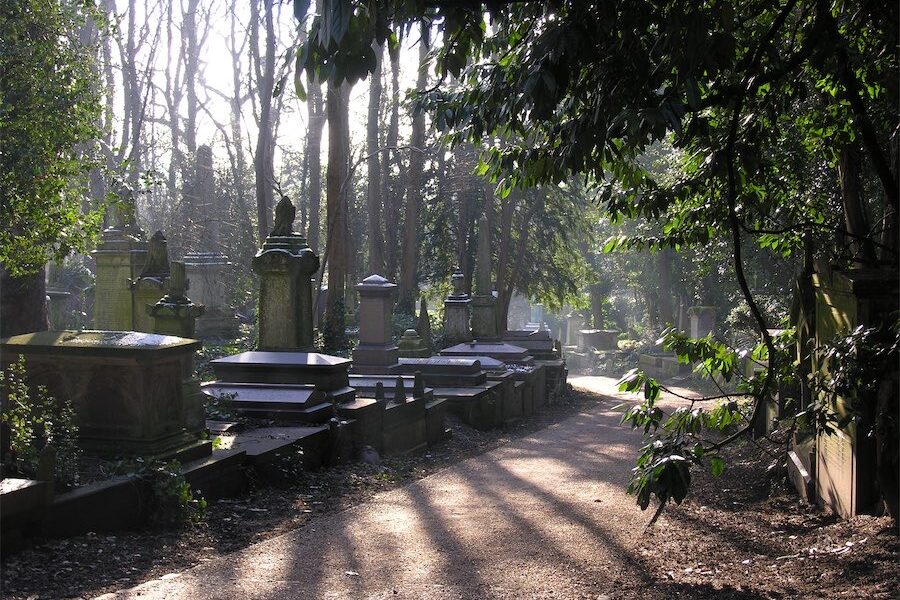
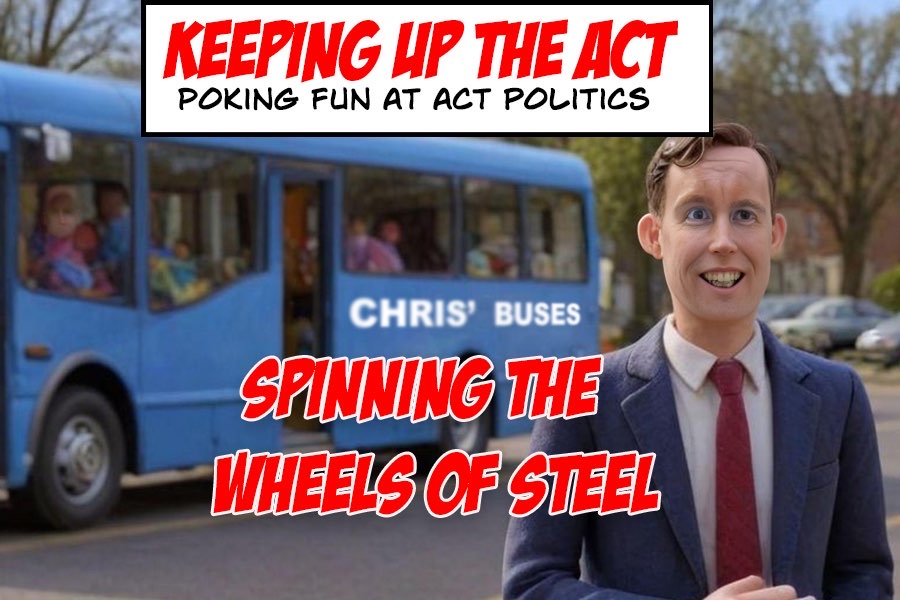
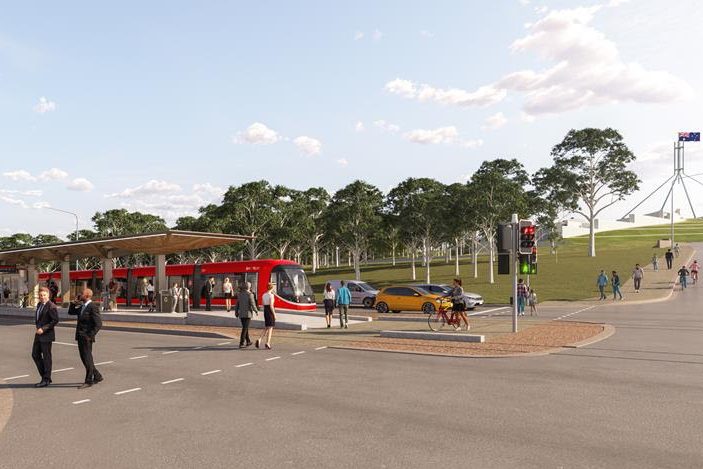

Leave a Reply